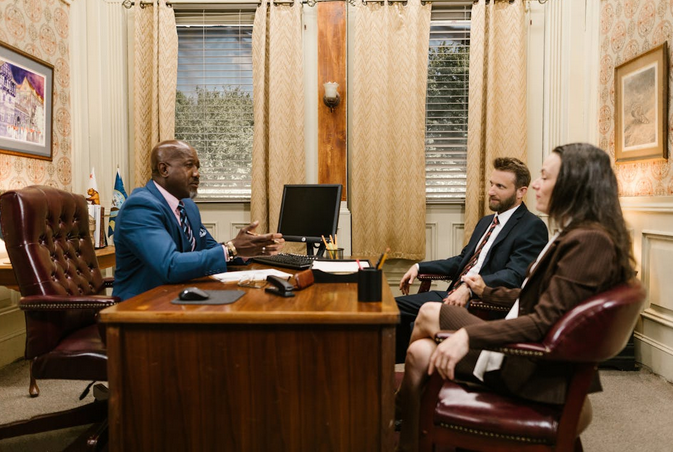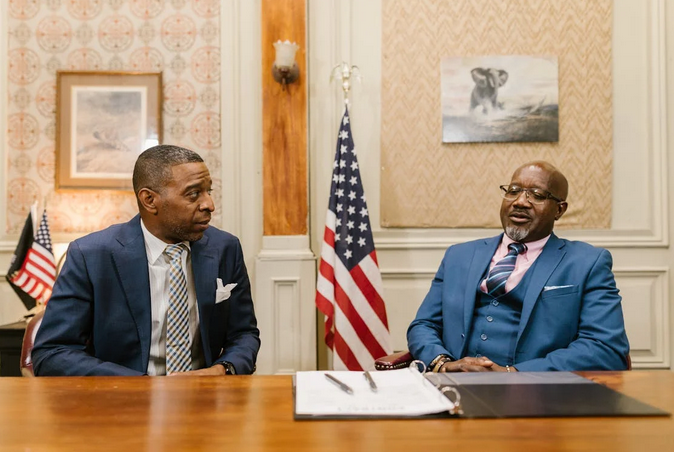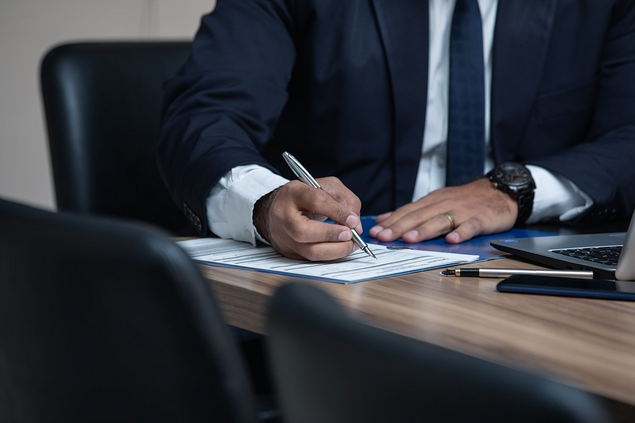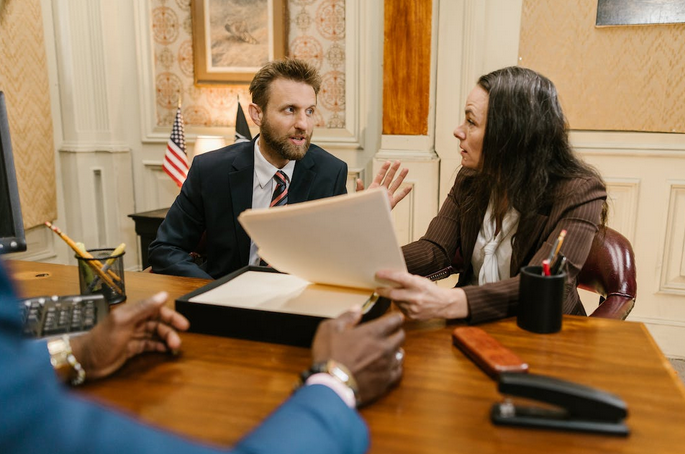Contingency Fees Explained: How Car Accident Lawyers Get Paid Without Upfront Costs

If you’ve been involved in a car accident and are considering hiring a lawyer, you might be concerned about how you’ll cover legal fees. Fortunately, many car accident lawyers work on a contingency fee basis, which means you don’t have to pay them upfront. Instead, their payment is contingent upon winning your case. Here’s a friendly and informative guide to help you understand how contingency fees work and why they can be beneficial for you.
What Is a Contingency Fee?
A contingency fee is a payment arrangement where a lawyer’s fee is based on the outcome of your case. Rather than paying the macon car accident lawyer hourly or a flat fee, you agree to pay a percentage of the settlement or award you receive if your case is successful. If you don’t win, you typically don’t owe any attorney fees.
How Does the Contingency Fee Arrangement Work?

Here’s a step-by-step look at how contingency fees work in the context of a car accident case:
- Initial Consultation: Most car accident lawyers offer a free initial consultation to discuss the details of your case. During this meeting, they’ll evaluate the merits of your case and explain their fee structure.
- Agreement on Terms: If you decide to proceed with the lawyer, you’ll sign a contingency fee agreement. This contract outlines the percentage of the recovery that the lawyer will receive if you win your case. The percentage usually ranges from 25% to 40%, depending on the complexity of the case and the lawyer’s experience.
- Settlement or Award: If your case is successful and you receive a settlement or court award, the lawyer’s fee is deducted from that amount. The remaining funds will then be distributed to you.
- No Win, No Fee: If your case does not result in a settlement or award, you generally don’t owe the lawyer any fees. However, you may still be responsible for other costs associated with the case, such as filing fees or expert witness fees.
Benefits of Contingency Fees
Contingency fees offer several advantages for clients:
- No Upfront Costs: You don’t need to worry about paying attorney fees out of pocket, which can be a significant relief, especially if you’re dealing with medical bills and other expenses from the accident.
- Lawyer’s Motivation: Since the lawyer’s payment is tied to the success of your case, they have a strong incentive to work diligently and achieve the best possible outcome for you.
- Reduced Financial Risk: If your case isn’t successful, you won’t be left with a hefty legal bill. This arrangement reduces your financial risk and allows you to pursue your case without the stress of potentially losing money.
- Focus on Your Case: Knowing that you don’t have to pay upfront lets you focus on your recovery and other aspects of your life rather than worrying about legal fees.
Things to Consider
While contingency fees are beneficial, there are a few things to keep in mind:
- Percentage of Recovery: The percentage agreed upon will be deducted from your settlement or award. Ensure you understand this percentage and how it affects your potential recovery.
- Additional Costs: Contingency fees typically cover only the lawyer’s fees. Be aware of any additional costs that may arise, such as court fees or costs for expert witnesses, and clarify who will be responsible for these.
- Fee Agreement: Make sure to read and understand the contingency fee agreement before signing. It should clearly outline the percentage, any additional costs, and other terms of the arrangement.
- Lawyer’s Experience: Consider the experience and reputation of the lawyer. A more experienced lawyer may command a higher percentage but could potentially secure a larger settlement or award for you.
Contingency fees provide a valuable option for individuals pursuing legal action after a car accident. They allow you to access legal representation without upfront costs, align the lawyer’s interests with your own, and reduce your financial risk. By understanding how contingency fees work and what to expect, you can make an informed decision about hiring a lawyer and focus on what truly matters: recovering from your accident and getting the compensation you deserve.…















 It would help if you familiarized yourself with the visa application process and required documentation. The embassy or consulate of your destination country will be able to provide you with information on the specific process and requirements for your situation.
It would help if you familiarized yourself with the visa application process and required documentation. The embassy or consulate of your destination country will be able to provide you with information on the specific process and requirements for your situation.
 One of Australia’s most important driving rules and traffic laws that you should be aware of is the seat belt law. In Australia, all drivers and passengers must wear a seat belt while the car is in motion. There are fines for not wearing a seat belt, so it is best always to buckle up. If you don’t wear a seat belt, you may get a fine. The fine for not wearing a seat belt in a car is $300. Another essential thing to note about the seat belt law in Australia is that children must be properly restrained in an approved child restraint until they reach the age of seven. If a child isn’t restrained correctly, the driver may receive a fine.
One of Australia’s most important driving rules and traffic laws that you should be aware of is the seat belt law. In Australia, all drivers and passengers must wear a seat belt while the car is in motion. There are fines for not wearing a seat belt, so it is best always to buckle up. If you don’t wear a seat belt, you may get a fine. The fine for not wearing a seat belt in a car is $300. Another essential thing to note about the seat belt law in Australia is that children must be properly restrained in an approved child restraint until they reach the age of seven. If a child isn’t restrained correctly, the driver may receive a fine.
